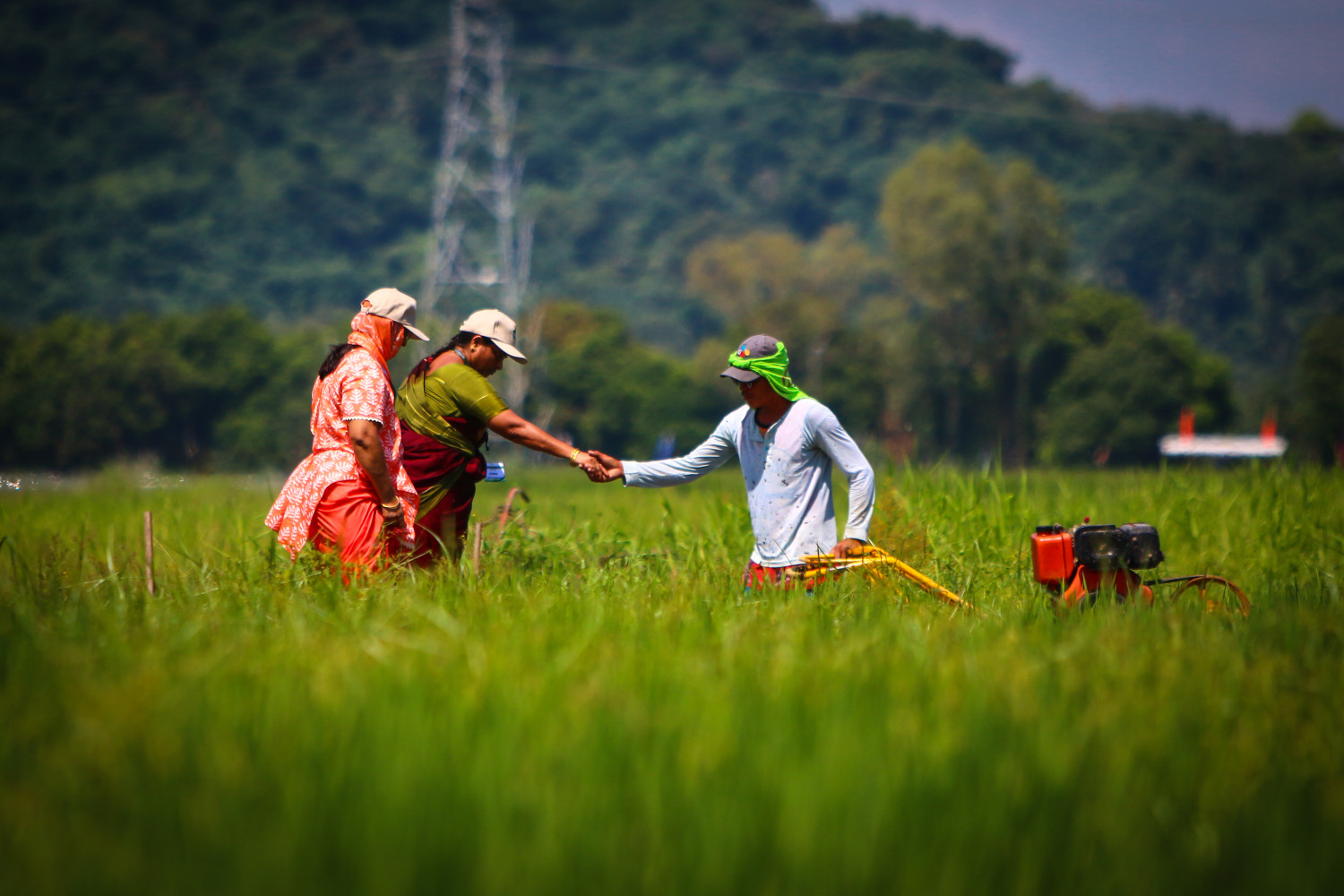The Zimbabwe government’s latest announcement regarding compensation for land lost by white farmers during the land reform process in the 2000s was nothing but propaganda, according to Saai chairperson Dr Theo de Jager.
De Jager said the Zimbabwean government’s offer to compensate the farmers in government bonds was unacceptable.
According to a report by The Zimbabwe Mail, more than 1,300 former white commercial farmers had agreed to a revised compensation plan with the Zimbabwean government earlier in the month.
The announcement was made by Professor Mthuli Ncube, the country’s Finance, Economic Development, and Investment Promotion minister.
“This announcement simply does not make sense,” said De Jager.

“Between Saai, the Zimbabwe Commercial Farmers Union, and the Southern African Commercial Farmers Alliance, we represent the vast majority of the 2,500 white farmers who fell prey to land seizure. So, the number of 1,300 farmers who allegedly accepted the agreement makes no sense. The rest of the affected farmers consistently refused the state’s offer of compensation in the form of government bonds,” he told Farmer’s Weekly.
According to the report, the updated agreement was aimed at compensating farmers for improvements made on the properties they occupied during the land reform program that took place in the early 2000s.
“Initially, the government and two farmer unions − the Commercial Farmers Union (CFU) and the Southern African Commercial Farmers Alliance − reached an agreement in April 2021, known as the Global Compensation Deed. This deal stipulated payments totaling R62,42 billion, with the plan to disburse half the amount within the first year and the remainder in four annual installments of R7789,97 million each,” it said.
“The government has also initiated a verification process and invited applications through national newspapers for compensation related to farms protected by Bilateral Investment Protection and Promotion Agreements (BIPPAs) ratified before the land reform program,” according to Ncube.
Ncube said the payment of compensation to these former landowners was a crucial element of Zimbabwe’s debt clearance strategy, supported by the African Development Bank.
Source: Farmers Weekly





